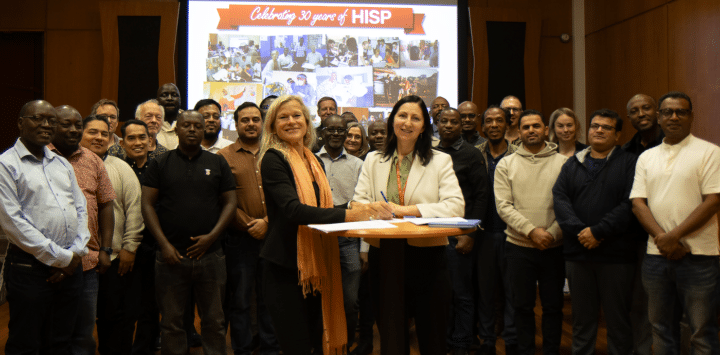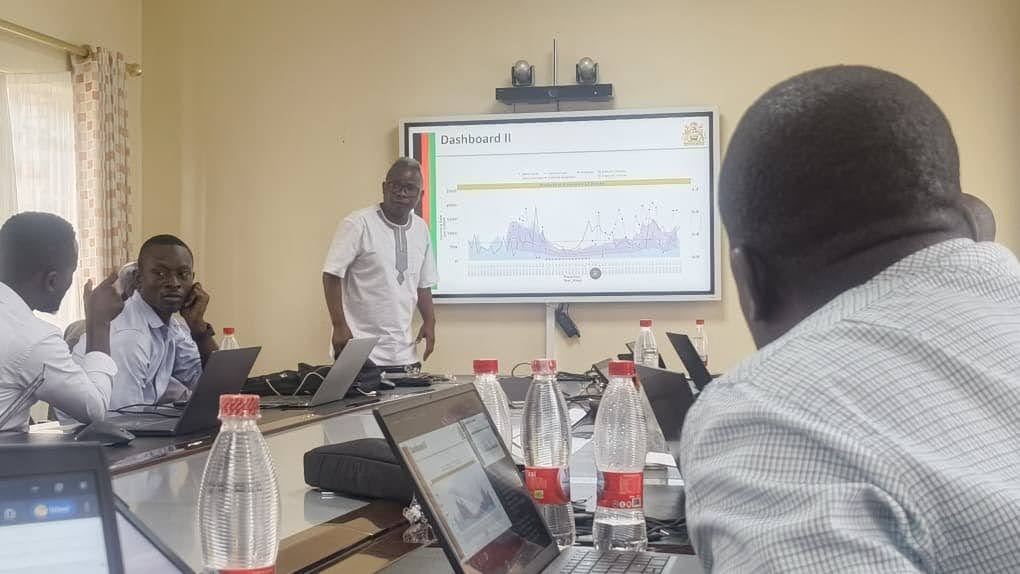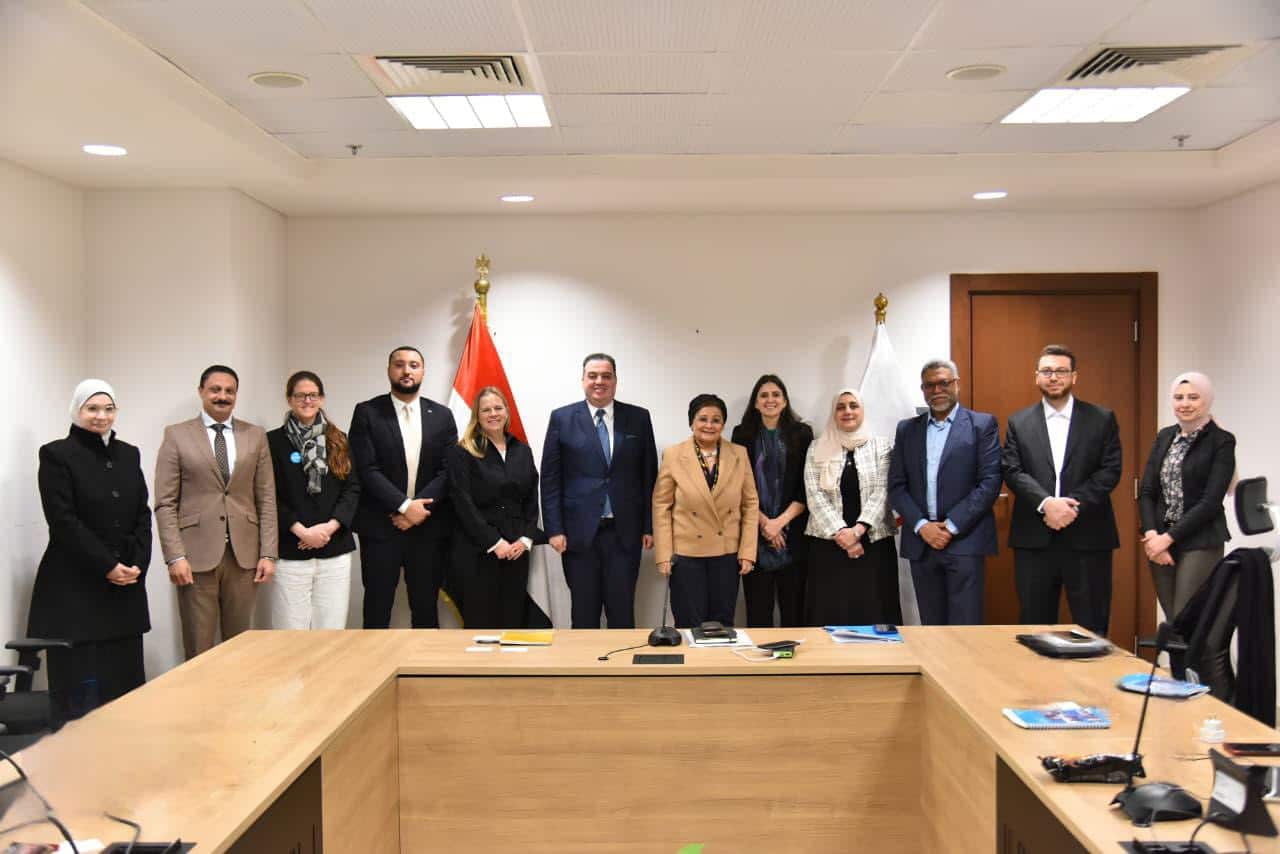The DHIS2 Annual Conference takes place from 15-18 June 2026! Learn more
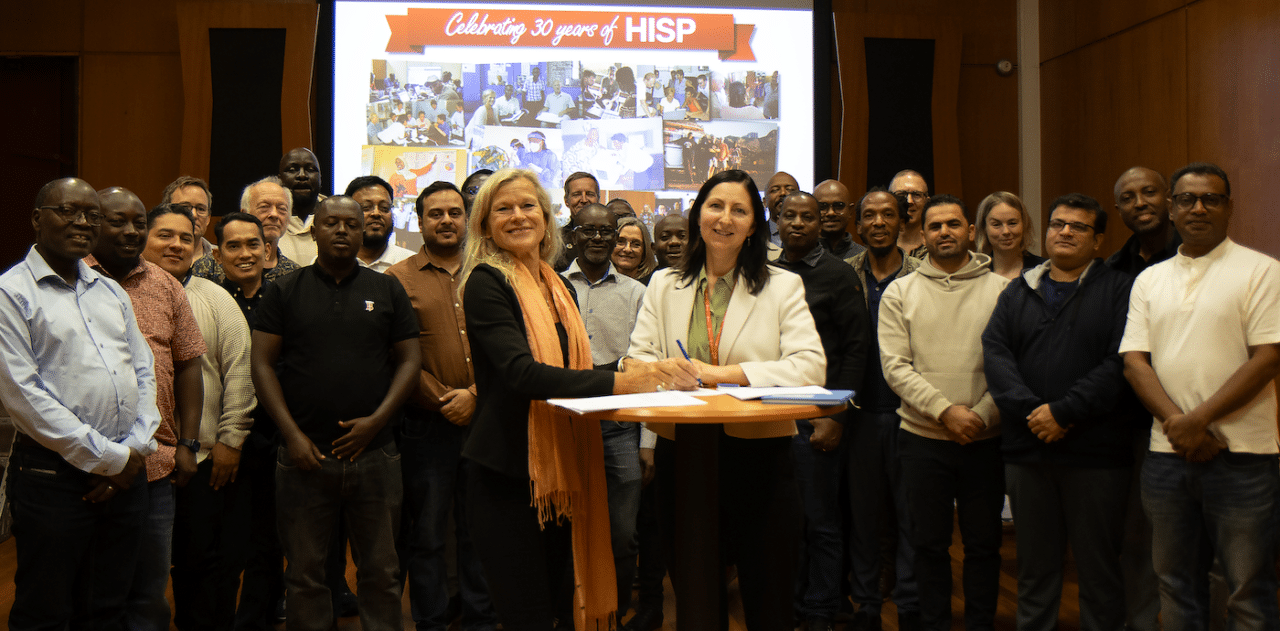
Norad and HISP continue decades-long collaboration with new 5-year agreement
The commitment of Norwegian development funding of approximately $10 million USD between 2024-2028 supports HISP’s work strengthening health systems in the Global South and maintaining DHIS2 as a Digital Public Good.
On June 7, 2024, representatives from the Norwegian Agency for Development Cooperation (Norad) and the HISP Centre at University of Oslo (UiO) signed a new 5-year agreement to strengthen health systems in low- and middle-income countries, and to continue to develop and maintain the DHIS2 software platform as a free and open-source Digital Public Good.
Norwegian aid has contributed to the systematic, long-term strengthening of country capacities for health data management and use in LMICs through the HISP programme at UiO since its beginning in 1994. The signing of the new agreement comes just as HISP celebrates its 30th anniversary, and marks the beginning of a fourth decade of collaboration between HISP and Norad.
Through this continued support, HISP has grown from a small action-research project on decentralized health system management in post-Apartheid South Africa to a global network of 23 HISP groups in Africa, Asia, Latin America and the Middle East that work closely with national and regional stakeholders to design and implement sustainable, locally-owned information systems.
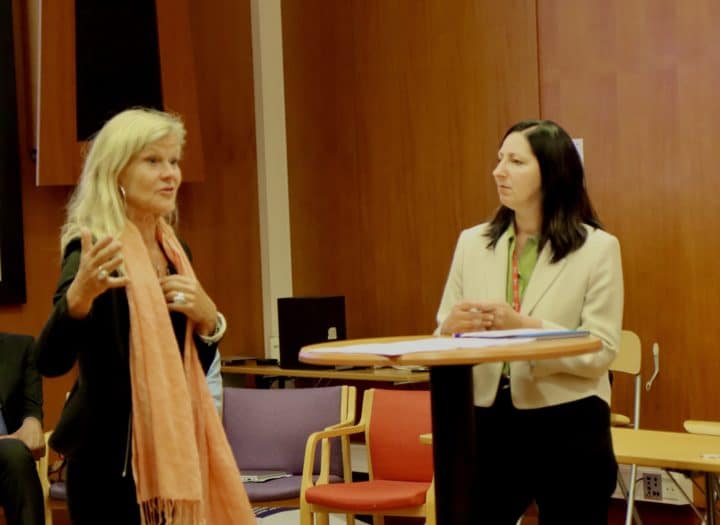
The Norwegian support through Norad has also been critical to the development of DHIS2, which is now the world’s leading health management information system. DHIS2 is used by Ministries of Health in more than 80 countries to support informed decision making for public health programs covering a total population of more than 3.2 billion people.
“Collaborating with HISP, supporting the development of DHIS2, is definitely a transformative way of investing in development aid. It has had large effect on the fight against several types of infectious diseases in low- and middle income countries, and strengthens health systems overall,” said Lisa Sivertsen, Director of the Department of Human Development in Norad.
Professor Kristin Braa, Director of the HISP Centre, welcomed this renewal of the collaboration between Norad and HISP. “Norad is very important to us. They have been with us since the beginning, and have always supported the HISP strategy of participatory design, local capacity building, and global sharing. We look forward to continuing to work with Norad, the HISP network, and our country partners on open-source tools that support better health for all.”
